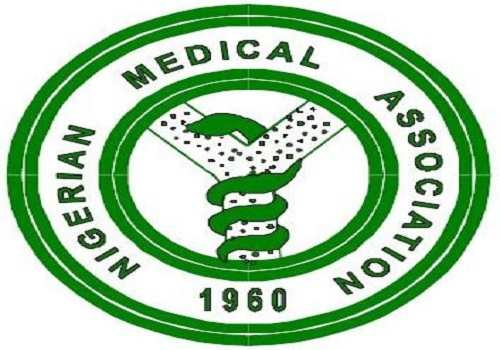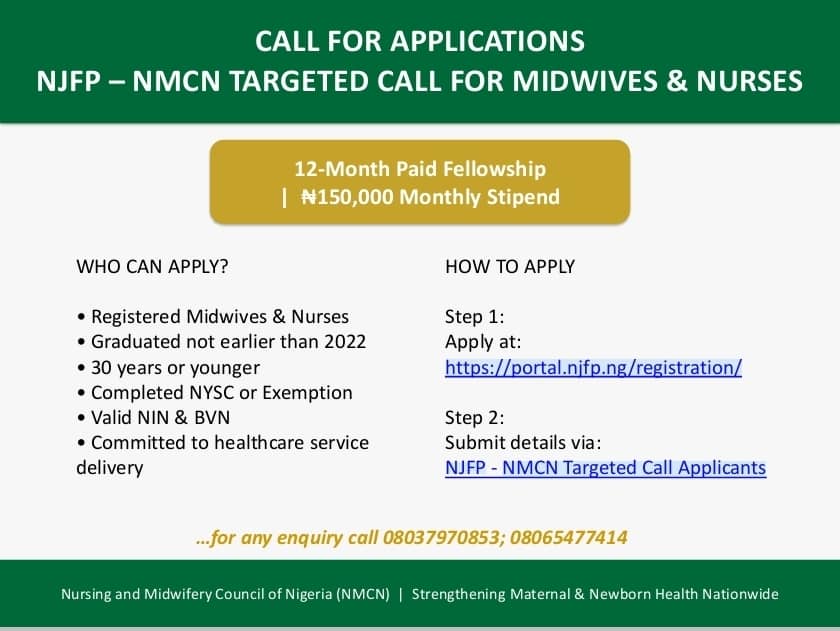At the end of December 2017, WHO prequalified the first conjugate vaccine for typhoid, Bharat Biotech’s Typbar-TCV®. Typhoid conjugate vaccines (TCVs) are innovative products that have longer-lasting immunity than older vaccines, require fewer doses, and can be given to young children through routine childhood immunization programs. The fact that the vaccine has been prequalified by WHO means that it meets acceptable standards of quality, safety and efficacy.
This makes the vaccine eligible for procurement by UN agencies, such as UNICEF, and Gavi, the Vaccine Alliance.
 In October 2017, the Strategic Advisory Group of Experts (SAGE) on immunization, which advises WHO, recommended TCV for routine use in children over 6 months of age in typhoid endemic countries. SAGE also called for the introduction of TCV to be prioritized for countries with the highest burden of typhoid disease or of antibiotic resistance to Salmonella Typhi, the bacterium that causes the disease. Use of the vaccine should also help to curb the frequent use of antibiotics for treatment of presumed typhoid fever, and thereby help to slow the alarming increase in antibiotic resistance in Salmonella Typhi.
In October 2017, the Strategic Advisory Group of Experts (SAGE) on immunization, which advises WHO, recommended TCV for routine use in children over 6 months of age in typhoid endemic countries. SAGE also called for the introduction of TCV to be prioritized for countries with the highest burden of typhoid disease or of antibiotic resistance to Salmonella Typhi, the bacterium that causes the disease. Use of the vaccine should also help to curb the frequent use of antibiotics for treatment of presumed typhoid fever, and thereby help to slow the alarming increase in antibiotic resistance in Salmonella Typhi. Shortly after SAGE’s recommendation, Gavi Board approved US$85 million in funding for TCVs starting in 2019. Prequalification is therefore a crucial next step needed to make TCVs available to low-income countries where they are needed most. And even in non-Gavi-supported countries, prequalification can help expedite licensure.
WHO prequalification helps to ensure that vaccines used in immunization programmes are safe, effective, and appropriate for countries’ needs. WHO’s prequalification procedure consists of a transparent, scientifically sound assessment that includes reviewing the evidence, testing the consistency of each lot of manufactured vaccine, and visiting the manufacturing site.
Typhoid is a serious and sometimes fatal disease spread through contaminated food and water. Symptoms include fever, fatigue, headache, abdominal pain, and diarrhea or constipation. For millions of people living in low- and middle-income countries, typhoid is an ever present reality. Global estimates of the typhoid burden range between 11 and 20 million cases and between about 128 000 and 161 000 typhoid deaths annually. Poor communities and vulnerable groups, such as children, are often the most susceptible.
Urbanization and climate change have the potential to increase the global burden of typhoid. In addition, increasing resistance to antibiotic treatment is making it easier for typhoid to spread through overcrowded populations in cities and inadequate and/or flooded water and sanitation systems.
Source: W.H.O
ABUJA: Training Schedule for Basic Life Support BLS, Pediatric Advanced Life Support (PALS), Advanced Cardiovascular Life Support ACLS, First Aid, CPR, AED
PORTHARCOURT: Training Schedule for Basic Life Support BLS, Pediatric Advanced Life Support (PALS), Advanced Cardiovascular Life Support ACLS, First Aid, CPR, AED
LAGOS: Training Schedule for Basic Life Support BLS, Pediatric Advanced Life Support (PALS), Advanced Cardiovascular Life Support ACLS, First Aid, CPR, AED
STOP paying for airtime and electricity, Let your phone pay its bills with ScreenT





